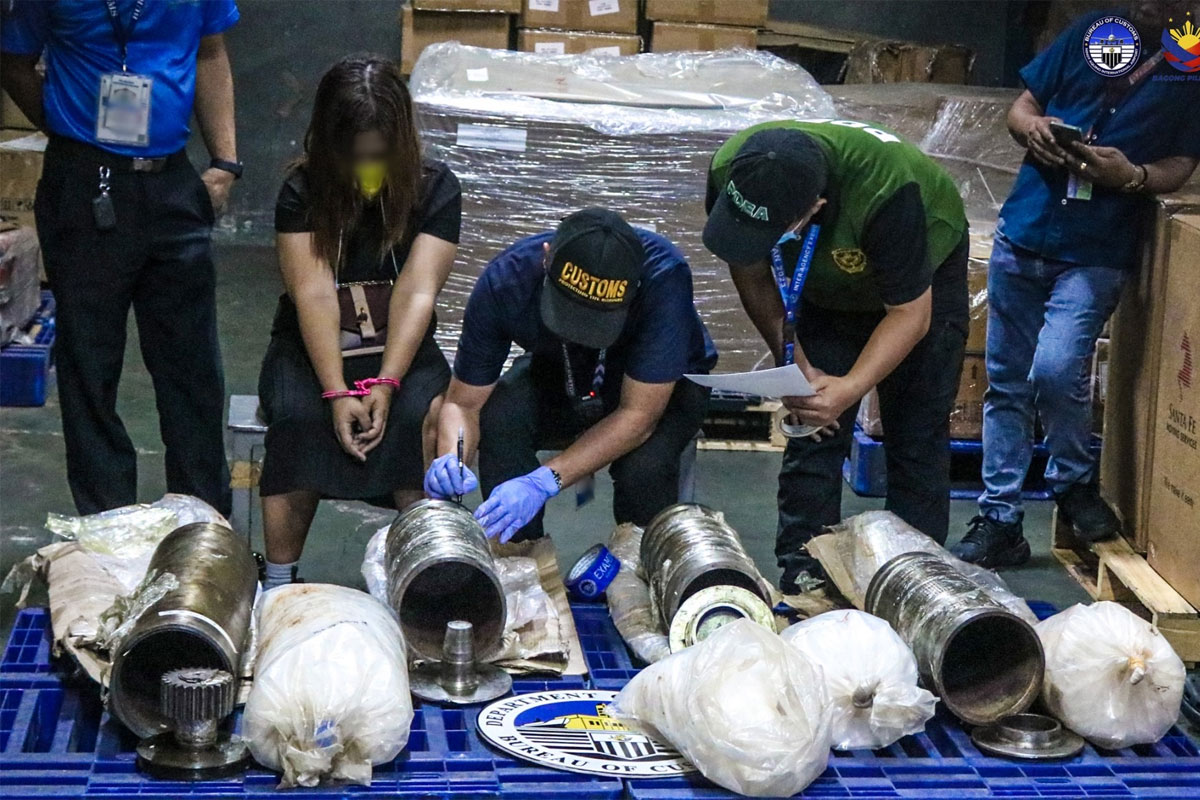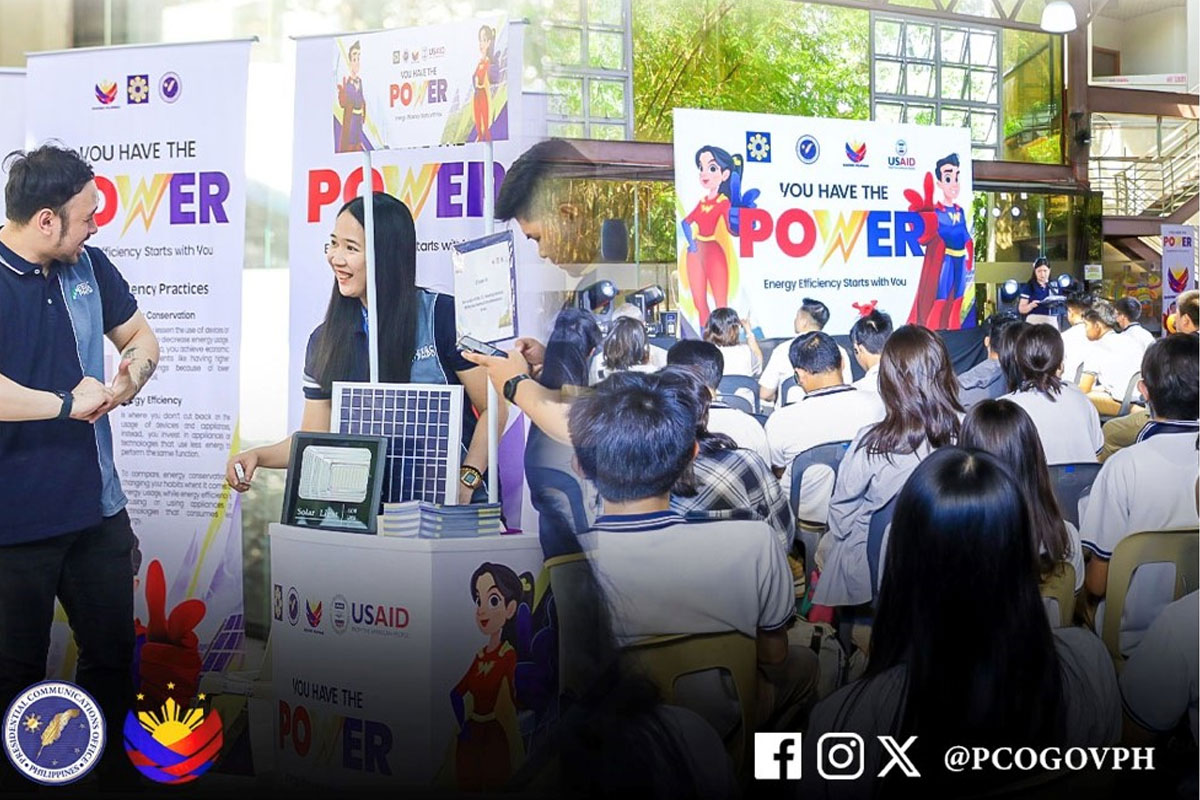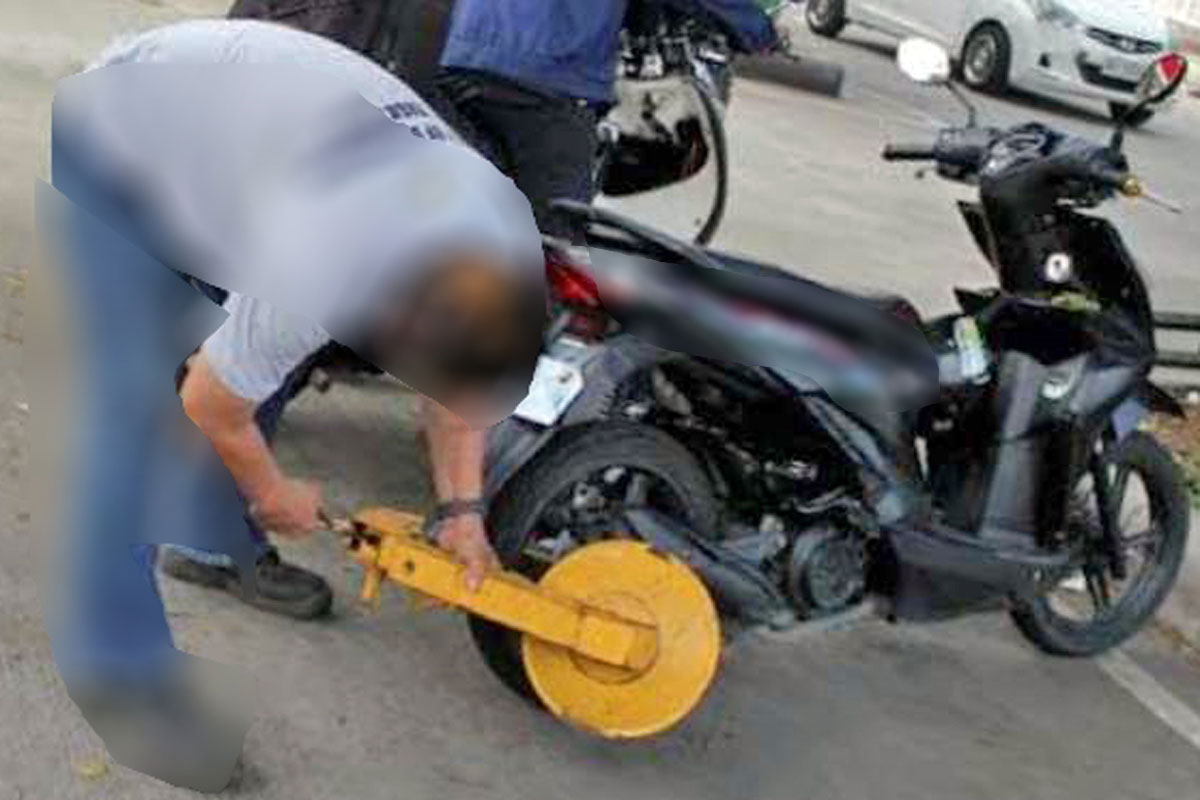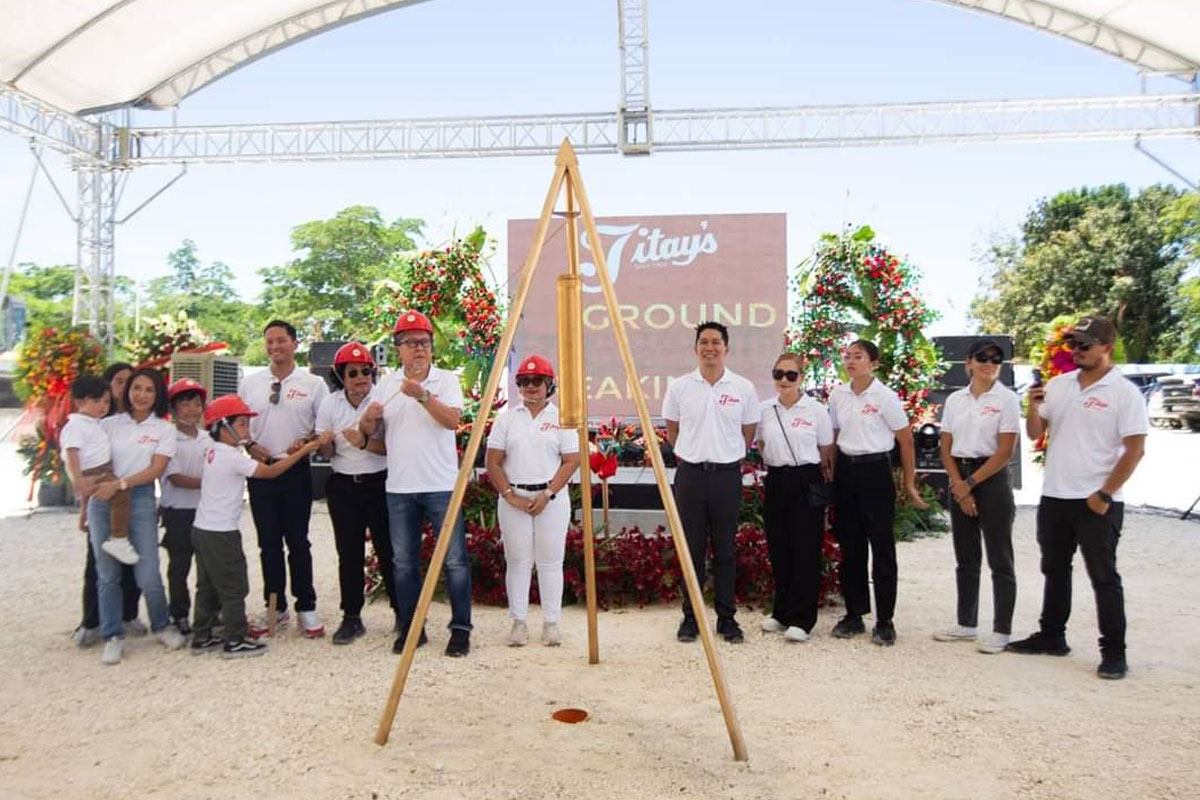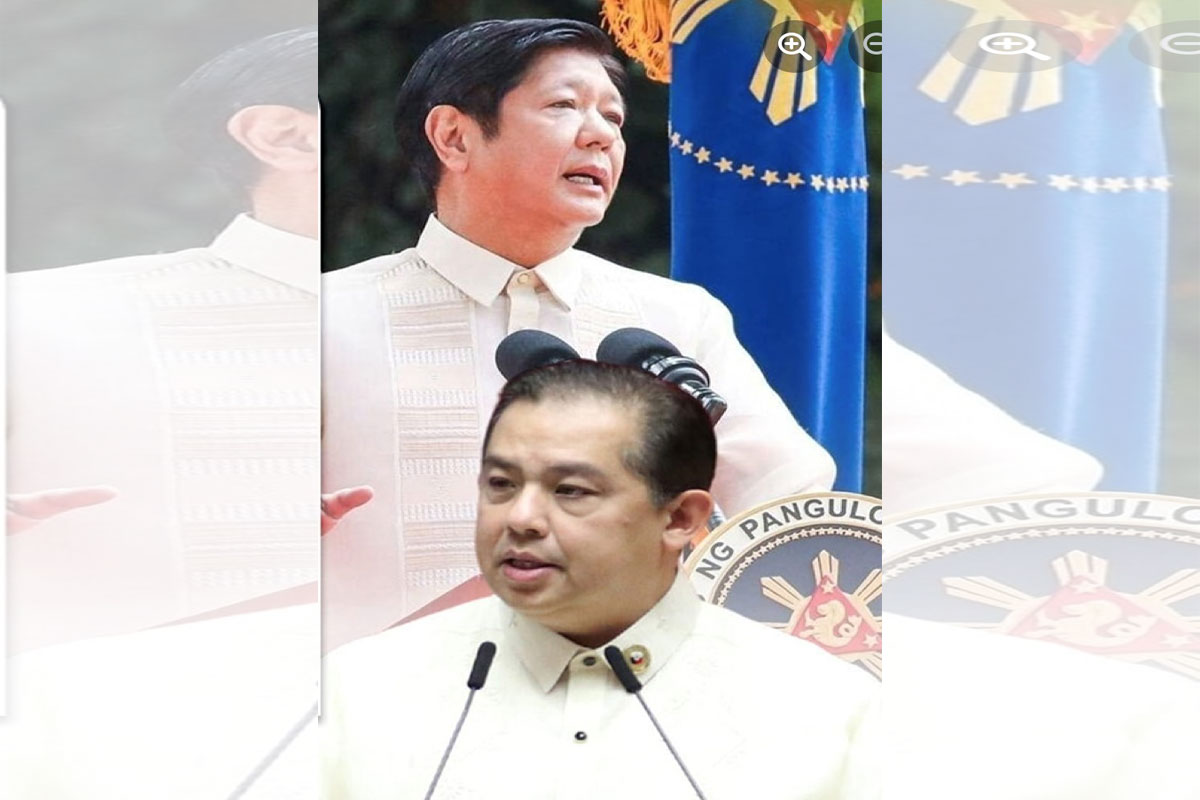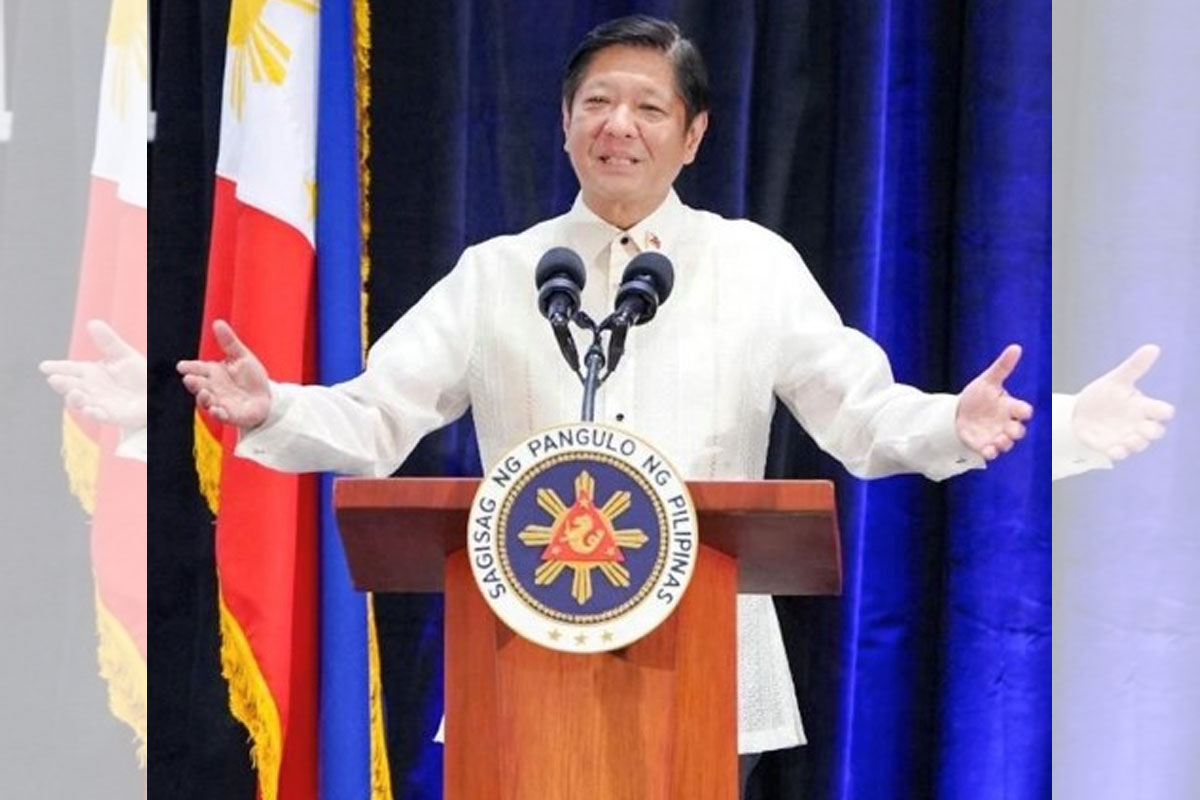
Faster connectivity assured
WITH the country’s full digitalization over the next five years projected to cost government an estimated P100 billion, Department of Information and Communications Technology (DICT) Sec. Ivan John Uy has assured Congress his office will implement a three-pronged strategy to speed up nationwide connectivity despite the initial budgetary constraints that now prevent him from accelerating this digital switch.
Uy informed legislators during a recent committee hearing by the Commission on Appointments (CA) on his designation as DICT secretary that with his Department having what he called a “small” outlay of P2.5-billion for digitalization in next year’s proposed national budget, his office is eyeing three strategies to hasten the country’s digital connectivity starting in 2023, in tandem with the private sector and local government units (LGUs), especially those in urban areas.
Camarines Sur Rep. and CA majority leader LRay Villafuerte, who asked Uy about the national digitalization program during the public hearing, stressed the urgency for the country’s digital transformation to happen, in light of the desire by both President Marcos and the 19th Congress to install an electronic or E-Government system to make it far easier and cheaper for Filipinos to secure official documents and transact other business with state agencies and financial institutions.
An advocate of E-governance as early as the 17th Congress, Villafuerte said it was “about time” for all sectors to work together in hastening nationwide digitalization “because the past DICT secretaries were not really pushing for it.”
Uy told Villafuerte, who is president of the National Unity Party (NUP), at the CA panel hearing that with his office’s “very limited budget” for the national digitalization program, he will push for a much higher DICT budget for 2024 and onwards so his office can speed up the country’s digitalization plan over the next five years.
But while waiting for his hoped-for higher DICT digitalization outlay starting in 2024, Uy informed Villafuerte about his strategies to accelerate the country’s digital switch next year by working separately with the private sector—via possible public-private partnerships (PPPs)—and affluent urban-based LGUs in pursing connectivity projects.
The DICT’s third strategy, he said to Villafuerte, is to prioritize in his Department’s limited digitalization budget the funding of connectivity projects in remote communities or geographically isolated and disadvantaged areas (GIDAs) where digital connectivity would make the “most profound effect” on the people living in those places.
“And because we got a very small budget (for 2023), we need to spend it very, very prudently and very, very wisely po. So what we’re doing, is we are investing actually in the areas that would have the most profound effect on the population, and these are the GIDA areas,” he said.
“So these are some of the strategic approaches that we are taking in order to maximize whatever very limited funds that we have in order to deliver digitalization,” Uy said.
The hearing was conducted by the CA committee on Information and Communications Technology chaired by Rep. Manuel Sagarbarria.


